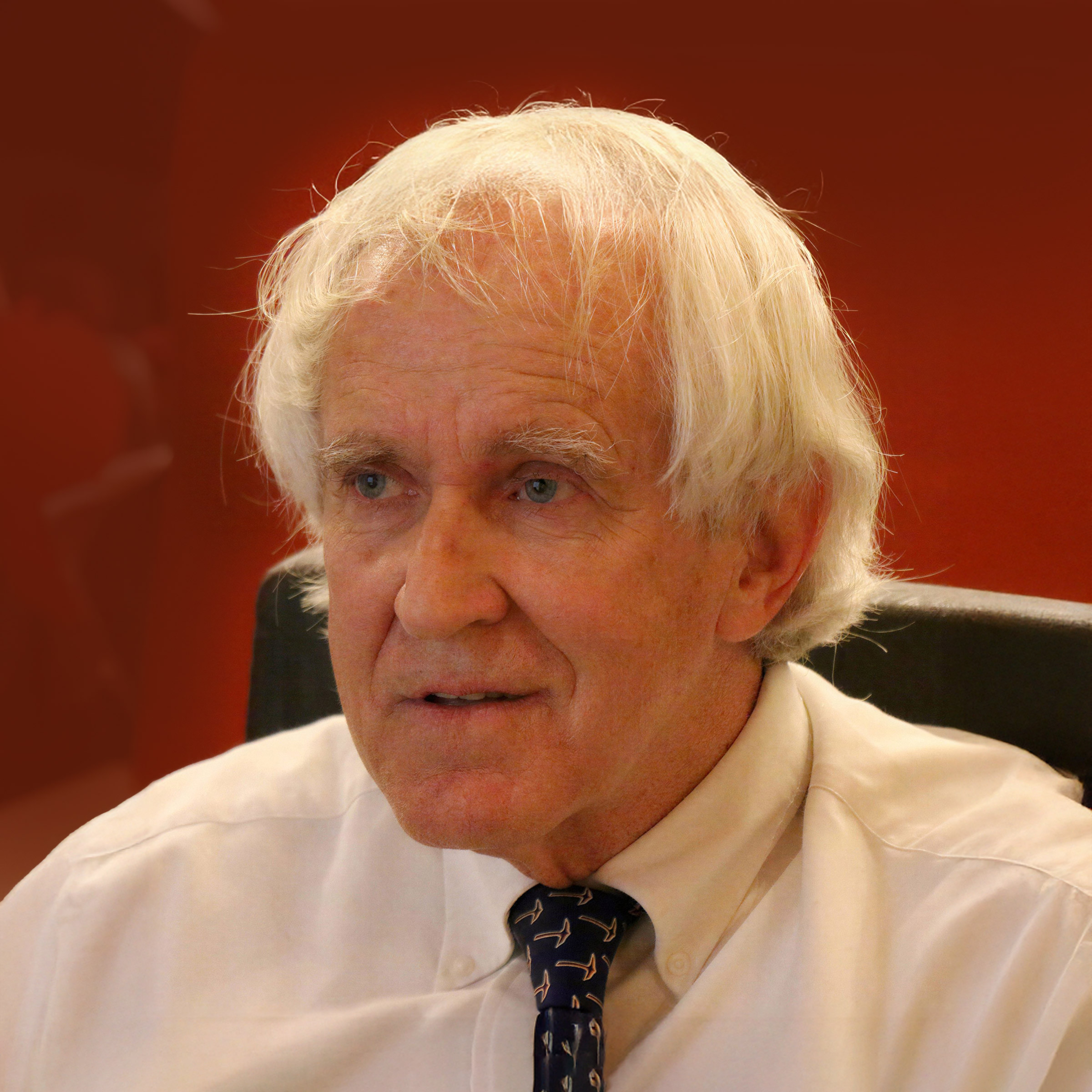At Chronicles Magazine, John Zmirak offers some blunt observations, while reviewing The Immortal Mind (Worthy, June 3, 2025):
The most destructive implication of materialism is the simplest: that human beings don’t have souls. Our rational minds, our sense of self, our moral intuitions, our loves and hates and loyalties are finally fictions in this view — side-effects, illusions, the shadows cast by what is only really real: mere chemistry and physics. Your sense of “you,” my own experience of “me,” the “love” between two people … all of that is all just smoke and mirrors, produced as epiphenomena of what’s actually happening: neurons in our brains shooting sparks through the meat, driven by iron laws of deterministic causation or the blind whims of random chance. Free will is an illusion and our “selves” wink out at death.
This, our children are taught, is the verdict of Science, and it forms the silent assumption of every science program we stream.
“Immortal Soul or Meat Machine,” September 4, 2025
An Assumption, Not Derived from Science
The most remarkable fact about this silent assumption, as neurosurgeon Michael Egnor and I document in the book, is this: It is only an assumption. It is not derived from science at all.
For example,
- Neuroscientists have been trying to explain away human consciousness for decades but they can offer only speculations as to what human consciousness even is.
- We are offered evolutionary histories of the human mind, yet it has no history. We see it where we see it, in the rubble of time.
- We are told that the brain creates the mind but veridical near-death experiences — where the experiencer reports things can later be confirmed — occur when the brain is in a state of clinical death.
Dr. Egnor started out as a materialist himself. But he couldn’t reconcile what he was learning from neurosurgery with materialism. As Zmirak explains,
First, his work with patients, which sometimes included the unsettling procedure called “awake brain surgery,” where a patient is fully conscious and talks to the surgeon as troubled parts of the brain are probed and unhealthy tissue is removed. Egnor was taken aback at how normal, functional, and fully rational many patients remained, even after losing large sections of the brain — which materialists had assumed generated personality and consciousness. That work led Egnor to delve deep into research on the relationship between the brain and the mind. It was there that he found one anomaly after another — phenomena brain materialism couldn’t explain and that ought to have been impossible if reductionism were true.
“Meat Machine”
Zmirak goes on to ask the same question Dr. Egnor and I did:
But what if the present consensus about the soul is simply false, itself not the finding of science, but rather the fruit of a priori commitments to materialism on the part of science practitioners — who ignore evidence to the contrary, embrace incoherent ideas, and brazenly commit what amounts to intellectual fraud by invoking their cultural prestige?
“Meat Machine”
It may be that things are changing. We were surprised by the relative openness many skeptics showed for simply discussing these questions. Perhaps they’ve noticed that materialism is continuing to hit a dead end.
We Don’t Need Materialism to Do Science
What if we assume that our minds really are immaterial, not merely products of the brain? Math still adds up, physics and chemistry are still true, logic still works.
But we would forget forgettable projects like “Finding meaning in a meaningless world,” “Understanding the 98% chimpanzee,” and “Channeling your inner Beast.”
Recently, a friend asked me why Dr. Egnor and I had undertaken to write a book. I replied that we wanted to start writing popular science in a tradition that does NOT assume that science exists to confirm materialism. And without any sense of defensiveness.
Insights from our Tradition
We don’t “drag in” religion. But, as observant Catholics, we sometimes gain insights from our tradition. For example, a traditional assumption, accepted by Catholics, is that the human soul is not local. It does not exist in a specific spot in the world. Stuck for a way to describe that at a meeting, I suddenly realized that one can say the same thing about a bank account. Later, I wrote it up:
Here’s an example of a thing that is immaterial and nonlocal. I have a bank account.
That means I have a bank card and a password. Also a checkbook. Are those items “the account?” Well, no, not really; they are all connected with the account.
So where is the account? Technically, at a bank branch in a major city in which I lived thirty years ago. But in another sense, it is a series of electronic signals in the bank’s vast computer system. It’s not clear that the account has a location in the usual sense because electrons are, famously, nonlocal.
Every shop I deal with assumes that such an account exists. I can load up a shopping cart full of goods, tap the card, and walk out with the loaded up cart — and both the owners and the employees expect to get paid electronically. My account exists mainly an immaterial assumption in everybody’s mind.
“Lots of things are immaterial and we just don’t realize it,” Mind Matters News, August 28, 2025
Many other things we take for granted as material are also, in reality, assumptions in everyone’s mind. They’re real and important but their relationship to material reality is tangential and contingent.
Cross-posted at Mind Matters News.









































